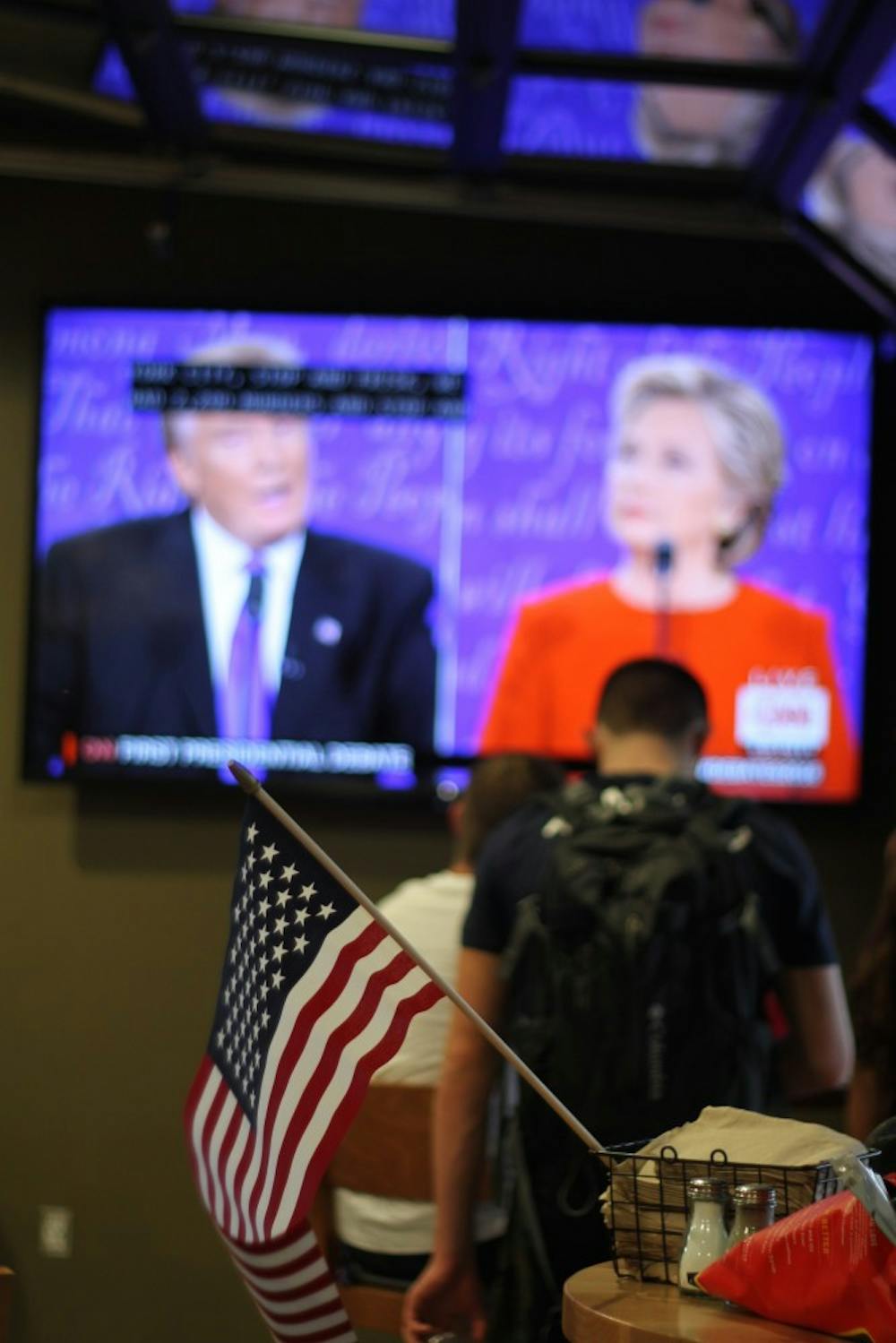If you are an American citizen and are at least 18 years of age, you need to register to vote and you need to do it soon. Deadlines are coming up — for Oregon the deadline to register is Oct. 18.
It is no longer acceptable to cite going to college out-of-state as a reason for being uninvolved in the political process. The ability to voice your opinion is only a few clicks away but there are different rules and deadlines for different states.
This is the first election that most undergraduate students are able to vote in. And politics are a popular topic of conversation here on The Bluff, especially during election season. Students can often be heard gabbing about politics on the quad between classes or over a late night meal at the Pilot House.
Conversations don't always turn to action. Historically, the voter turnout for 18- to 29-year-olds has been low. Although this age group makes up one-fifth of eligible American voters, it has historically been the least likely to vote. Only 49 percent of this age group voted in 2004 and 51 percent in 2008, compared to the 67 percent of voters over age 30 in 2008.
The politician we elect will make decisions on issues we, as young people in particular, will deal with in day-to-day life, such as costs of higher education and student debt. This is not something to take lightly.
Pilots, you need to vote.
If we don’t vote, it isn’t likely that the new president will prioritize our issues, needs and desires. We have to assert our value as citizens by casting our votes.
In March, the Census Bureau reported that 7 percent of America, or 23 million people, are noncitizens. That is more than four thousand times the capacity of a sold-out Chiles Center. None of those people will have a say in who takes the helm of our country come January.
Voting is not only a privilege -- it is our responsibility as American citizens.
Not only do students need to vote, but we need to be aware of the candidates’ platforms so we can be informed voters. Watch the presidential debates and participate in follow-up conversations. If you missed the first presidential debate Monday night in New York, catch up online.
The second debate will be between vice presidential candidates Mike Pence (R) and Tim Kaine (D) on Tuesday, Oct. 4 at 6 pm. On Sunday, Oct. 9 at 6 pm., Donald Trump and Hillary Clinton will debate in a “town meeting” setting and will use questions submitted via social media to guide the discussion. The final debate will take place on Wednesday, Oct. 19 at 6 pm. in the same format as the first debate: six 15-minute segments on different topics.
As tempting as it may be to just retweet and share inflammatory and potentially incorrect posts about presidential candidates and the election — don’t. Don’t just talk about them on social media from the highlights that pop up on your Facebook feed. Inform yourself and immerse yourself in productive conversations about the election of our nation’s next leaders.
Watch the debates and really listen. Consider how the issues the candidates talk about affect you and the people you love. Where do your priorities lie? No matter what side you’re on, develop opinions and have face-to-face conversations about how you understand this democracy.
And when November rolls around, it is imperative that you vote.









